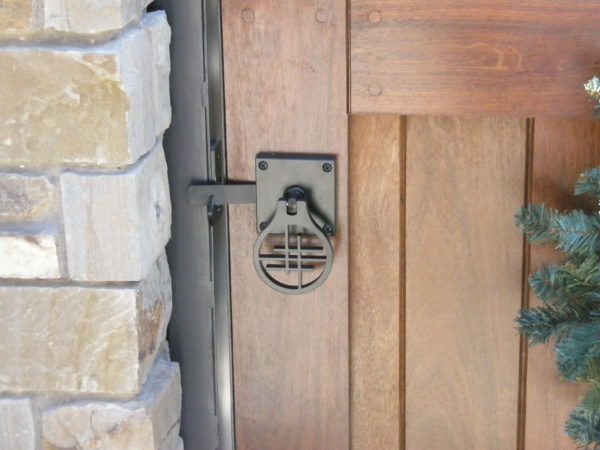
Organic Garden
Setting up your own garden sure is an entertaining and rewarding hobby, especially if you put an effort into making it organic in order to supply yourself with fresh and healthy fruits and vegetables. However, tending your garden doesn’t stop with planting the seeds and watering the crops – a few extra steps need to be taken in order to protect your harvest from common garden pests. This might seem like a real challenge since some of the animals can be very smart and persistent but there are several tactics you can try in order to protect your organic garden.
Know your enemy
Identifying the animal that destroys your garden is the first step to setting up a proper protection so make sure you look for clear signs that will tell you which pest is giving you nightmares. Besides birds and gophers, rabbits and deer are usually the ones that destroy most gardens, so keep that in mind when trying to identify your enemy. Only once you know what has been a treat to your precious organic garden you might get into action and start looking for solutions. For example, spraying your crops with predator’s urine or homemade animal repellent can help but only if you know who’s your enemy’s greatest enemy.
Plant carefully
Once you have identified what has been destroying your garden it’s useful to know that certain plants can deter certain animals, so planting a few carefully chosen plants might serve as a natural shield against pests. For instance, rabbits don’t like peonies, marigold, azalea, and boxwood while deer can be repelled by bleeding hearts, daffodils, and mullein. Most of these are actually pretty looking flowers so you can use them to repel animals and make your garden beautiful at the same time. Another trick experienced gardeners recommend is planting sacrificial plants near the garden. It’s a way to draw attention from your garden but be careful not to make counterproductive and actually attract more pests.

Lock it up
Usually, the most effective way to protect your organic crops is to simply put a fence around them. Again, knowing your enemy helps, because you’ll need an at least 8-feet high fence against deer, while the bottom of the fence should be buried 4 inches underground to discourage burrowing animals. Having a lock on the fence helps, too, especially if you’re concerned about humans breaking into your garden. This is particularly valuable if your garden is in your backyard – having it under lock will help you sleep safe and sound. A simple padlock is fine, but you can feel even safer with some kind of a modern lock, but make sure you don’t lock yourself in or out of your garden. If it happens anyway, relying on trusted professionals, as the guys behind this Surry Hills locksmith service, to come to the rescue whenever you call them is essential.
Make use of the landscaping
Having a lot of bushes, shrubs, and weeds around your garden might create a welcoming atmosphere for certain animals since most of them, especially rabbits, like hiding in the foliage. However, with a little rearranging, you can make your garden unpleasant territory for them. Cut down any bushes and shrubs and make sure you get rid of any woodpiles near the garden. Heavy plant covers are also a big no since they make the perfect cover for pests as well. Rabbits, for example, love having a place to rest such as brush and tall grasses but you can turn this around in your favor – simply plant grasses and clovers in an area away from your garden.
It’s a shame to let all that hard work you put in your organic garden fail just because pests keep coming back. With a little bit of planning and a good strategy, you can be sure your garden is protected and your crops waiting just for you to harvest them.
 WhosGreenOnline.com Your Online Magazine and Directory for Green Business, Product, Service and News!
WhosGreenOnline.com Your Online Magazine and Directory for Green Business, Product, Service and News!

